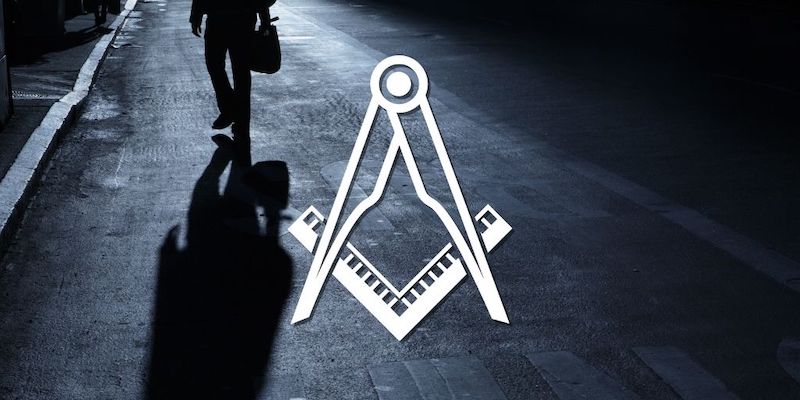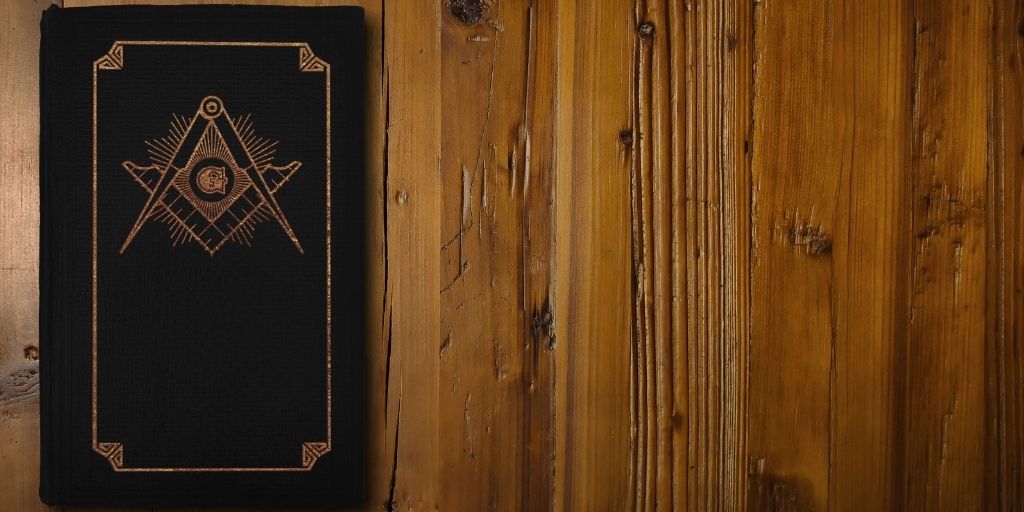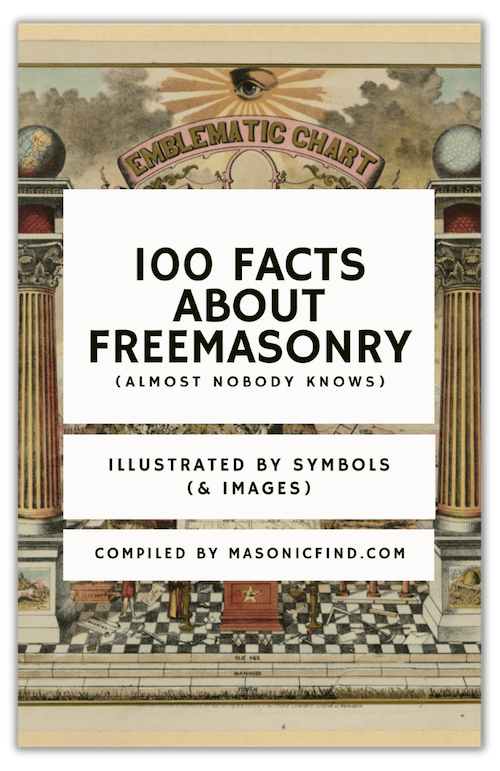Within our esteemed fraternity, there exists a set of rules and principles that guide the behavior and actions of Freemasons.
While the emphasis is on unity, moral development, and mutual respect, there are certain behaviors that can result in expulsion from Freemasonry.
In this article, we will explore six critical things that can lead to the expulsion of a Freemason, shedding light on the gravity of these transgressions and their consequences.
From acts of moral turpitude and violations of Masonic obligations to engaging in activities that bring disrepute to the fraternity, we will uncover the boundaries that must be respected within the Masonic Brotherhood.
TLDR: Expulsion is the most severe penalty that can be inflicted upon a delinquent Mason. It deprives the expelled member of all the Masonic rights and privileges they once enjoyed, not only as a member of their Lodge but also as a member of the fraternity at large.
It’s important to be aware of the actions that could lead to expulsion and to conduct yourself in a manner that upholds the principles and values of Freemasonry.

Moral and Ethical Conduct
As a Freemason, you are expected to uphold high moral and ethical standards in all aspects of your life.
Your conduct should reflect the principles of personal decency and responsibility that are taught within the fraternity.
Criminal Activity
Engaging in criminal activity is a serious violation of Masonic principles and can result in expulsion from the fraternity.
This includes any activity that is illegal, such as theft, fraud, or violence.
If you are charged with a crime, it is important to notify your lodge and cooperate with any investigations.
Unbecoming Conduct
Unbecoming conduct is behavior that is considered inappropriate or unprofessional for a Freemason.
This can include actions that are disrespectful, dishonest, or harmful to others. Examples of unbecoming conduct may include:
- Using offensive language or behavior towards others.
- Engaging in behavior that is considered immoral or unethical.
- Failing to fulfill obligations or commitments to the fraternity or to others.
- Behaving in a way that brings discredit to the fraternity.
Heresy and Schism
Freemasonry is a fraternity that values diversity of thought and belief.
However, there are certain beliefs and actions that are considered incompatible with Masonic principles.
Heresy refers to the rejection of fundamental Masonic beliefs, while schism refers to the formation of a separate Masonic group or organization. Both heresy and schism can result in expulsion from the fraternity.
Disciplinary Actions

Violating the above principles can result in disciplinary actions, including suspension or expulsion from the organization.
Here are some of the disciplinary actions that can be taken against you:
Suspension
If you violate the rules of the organization, you may be suspended from Freemasonry.
Suspension can be either temporary or permanent, depending on the severity of the offense.
During your suspension, you will not be allowed to attend any meetings or events of the organization.
You will also lose your voting rights and your membership privileges.
Expulsion
Expulsion is the most severe disciplinary action that can be taken against you in Freemasonry
If you engage in conduct that brings disrepute to the organization, violate the secrecy of the ballot, use your position in the organization for personal gain, or engage in any other conduct that violates the principles of the organization, you may be expelled.
Once expelled, you will lose all of your membership privileges and will not be allowed to attend any meetings or events of the organization.
Reinstatement
If you have been suspended or expelled from Freemasonry, you may be eligible for reinstatement.
To be reinstated, you must demonstrate that you are willing to uphold the values and principles of the organization and that you are committed to being a productive member of the organization.
The process for reinstatement varies by jurisdiction but typically involves submitting a written request for reinstatement and attending a hearing before the organization’s governing body.

FREE DOWNLOAD: 100 FACTS ABOUT FREEMASONRY (ALMOST NOBODY KNOWS)
Join the 10,000+ Brethren from around the world inside our weekly Masonic newsletter and get our best selling ebook for free (usual value: $20).
In Conclusion…
Freemasonry is a society that prides itself on its moral and ethical standards.
As a member, you are expected to uphold these values and conduct yourself in a manner that reflects positively on the organization.
Failure to do so can result in expulsion from the fraternity.
While the circumstances that can lead to expulsion can vary, there are some common reasons why a Mason may be expelled.
These include:
- Violating the moral and ethical principles of the organization
- Engaging in behavior that is illegal or immoral
- Betraying the trust of other members
- Failing to live up to the obligations of membership
If you are a Mason, it is important to understand that you are held to a high standard of conduct.
Your actions reflect not only on yourself but also on the organization as a whole. As such, it is important to conduct yourself in a manner that is consistent with the values and principles of Freemasonry.
If you find yourself facing expulsion from the fraternity, it is important to remember that this is a serious matter.
You should seek the advice of a trusted Masonic leader or legal counsel to help you navigate the process and ensure that your rights are protected.
In the end, being a member of Freemasonry is a privilege and an honor.
It is up to each individual member to uphold the values and principles of the organization and conduct themselves in a manner that is consistent with these ideals.
HAVING ISSUES IN THE LODGE? HERE’S WHAT TO READ NEXT:
Masonic Lodge Disputes: How They Should Be Handled Among Members